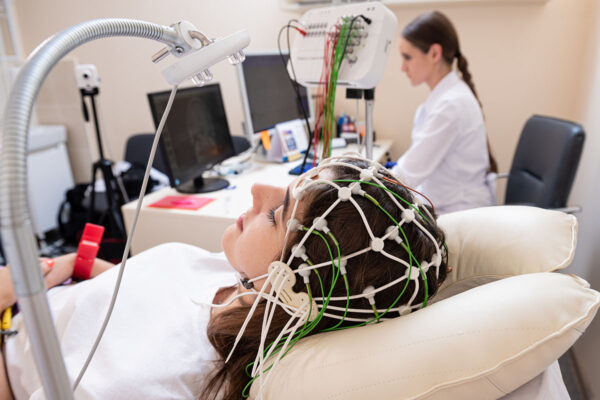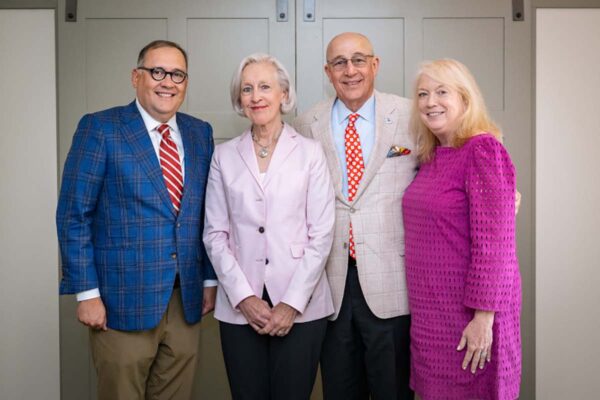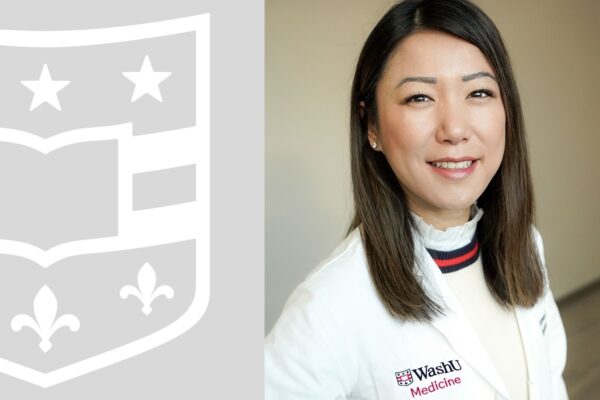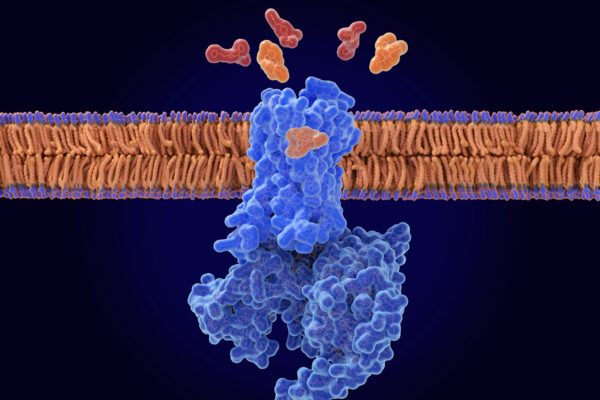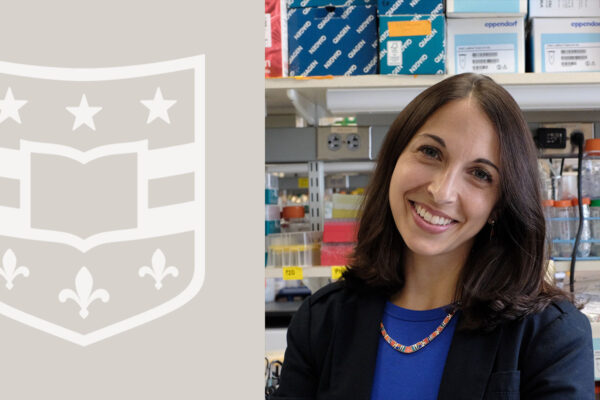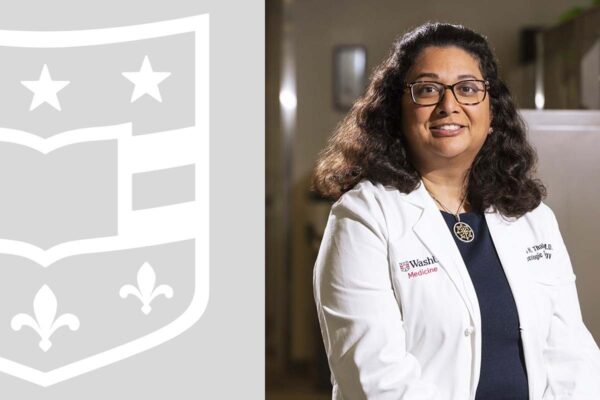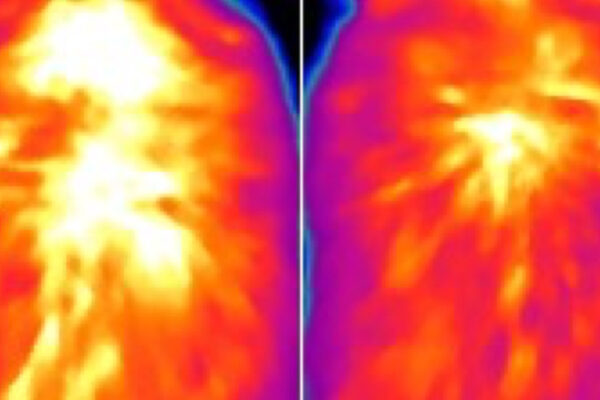Personalized brain modeling of anesthetic effects to predict antidepressant response
Neuroscientists, clinicians and engineers at Washington University in St. Louis seek to develop personalized medicine strategies for refractory depression that would tailor drug dosage based on a patient’s age, genetics, health conditions, brain dynamics and neural circuits.
Kim and Tim Eberlein receive Harris Award
Kim and Tim Eberlein, MD, were recently honored with the 2025 Jane and Whitney Harris St. Louis Community Service Award. The honor recognizes couples who contribute to the betterment of the greater St. Louis community.
Novel technologies underway to help those with spinal cord injuries move
A multidisciplinary team of researchers at Washington University in St. Louis plans to investigate the neural mechanisms behind various controls of transcutaneous spinal cord stimulation in generating different leg movements with a five-year, nearly $3 million grant the National Institutes of Health (NIH).
Kelly to lead Division of Maternal-Fetal Medicine & Ultrasound
Jeannie Kelly, MD, a renowned expert in the care of women with opiate use disorders during pregnancy, has been named the new director of the Division of Maternal-Fetal Medicine & Ultrasound in the Department of Obstetrics & Gynecology at WashU Medicine.
$5 million funds innovation of more-potent opioid overdose antidote
WashU Medicine researchers received a grant from the National Institutes of Health (NIH) that will help speed development of an enhanced version of naloxone, known by the brand name Narcan.
Tracking deadly and unpredictable postpartum hemorrhage
Researchers at Washington University in St. Louis are developing a wearable device that aims to track blood loss in pregnant women during delivery, with support from a $2.8 million grant from the National Institutes of Health (NIH). The device aids in early warning signs for postpartum hemorrhage, a birth complication that is the leading cause of maternal death worldwide.
Wearable imaging system could provide insight into preterm birth
A team of researchers at Washington University in St. Louis is developing an at-home wearable device that would monitor electrical and mechanical signals in the uterus during pregnancy and labor, with a four-year $920,769 grant from the National Institutes of Health (NIH).
Pollina named Vallee Foundation Scholar
Elizabeth Pollina, an assistant professor of developmental biology at WashU Medicine, has been recognized by the Vallee Foundation for innovative research in neuroscience.
Thaker to lead Division of Gynecologic Oncology
Premal H. Thaker, MD, an accomplished clinician who has been recognized for her landmark research on ovarian cancer progression, has been named director of the Division of Gynecologic Oncology in the Department of Obstetrics & Gynecology at WashU Medicine.
Novel way to ‘rev up’ brown fat burns calories, limits obesity in mice
A new study led by researchers at WashU Medicine reveals possible new avenues to help brown fat produce more heat, which could aid in weight loss and improve metabolic health.
View More Stories
